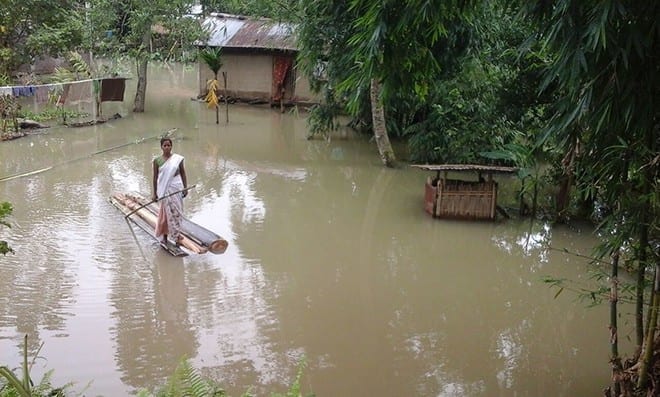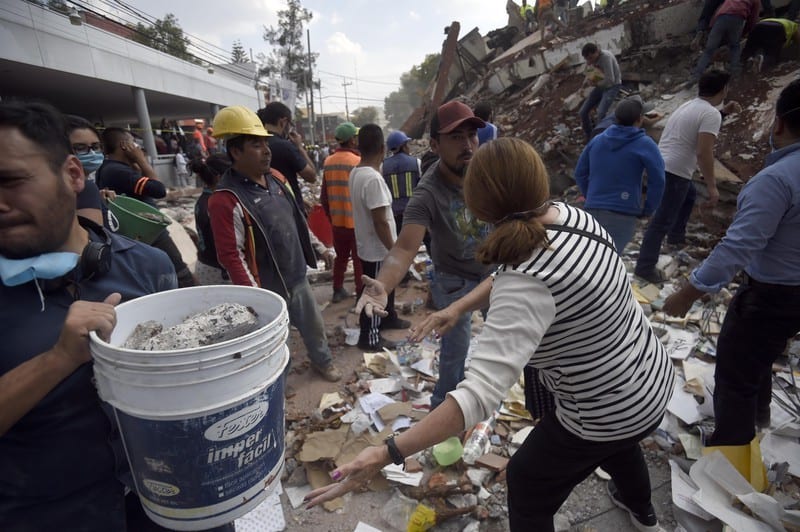Oxfam is currently preparing to respond to the likely humanitarian needs of people now being hit by Hurricane Maria in Dominican Republic. Much of the country is already saturated after the recent heavy rains caused by Hurricanes Irma and José. This flooding has put the most vulnerable population at risk, especially those living in mountainous regions and near rivers, canyons or areas prone to landslides.
“We are monitoring the effects of Hurricane Maria now. Oxfam staff and partner organizations are prepared to support any response that the Dominican government might organize, “said Raúl del Río, Oxfam Director in the Dominican Republic.
Oxfam will likely focus on water, sanitation and hygiene assistance. It is most concerned about the risk of dengue, zika, cholera, leptospirosis and other vector-borne diseases. Oxfam would also respond to with food aid for the most affected people, should that be required.
Mr del Rio said that there is an unequal distribution of risk in the country, where women, people with disabilities, children, and poorest citizens were all at greater risk of being affected by the impact of an extreme weather event.
As a result, Oxfam will continue to advocate for the rights of those affected and will continue to report the inequalities that affect those who are least affected by disasters.







